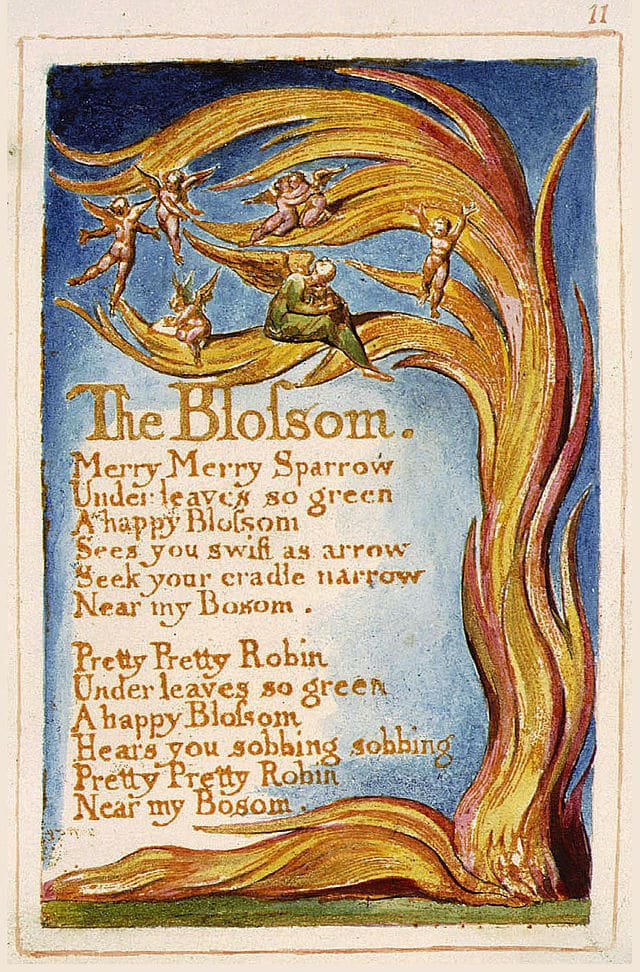Shall I compare thee to a summer’s day?
Thou art more lovely and more temperate:
Rough winds do shake the darling buds of May,
And summer’s lease hath all too short a date;
Sometime too hot the eye of heaven shines,
And often is his gold complexion dimm’d;
And every fair from fair sometime declines,
By chance or nature’s changing course untrimm’d;
But thy eternal summer shall not fade,
Nor lose possession of that fair thou ow’st;
Nor shall death brag thou wander’st in his shade,
When in eternal lines to time thou grow’st:
So long as men can breathe or eyes can see,
So long lives this, and this gives life to thee.
Summary and Analysis
-
Editors Rating
Meaning of the Poem
Shall I compare thee to a summer’s day? is one of the best-known of 154 sonnets written by the English playwright and poet William Shakespeare. The poem starts with a flattering question to the beloved—”Shall I compare thee to a summer’s day?” The beloved is “more lovely and more temperate” than a summer’s day. The speaker lists some negative things about summer: it is short—”summer’s lease hath all too short a date”—and sometimes the sun is too hot—”Sometime too hot the eye of heaven shines.” However, the beloved has beauty that will last forever, unlike the fleeting beauty of a summer’s day. By putting his love’s beauty into the form of poetry, the poet is preserving it forever. “So long as men can breathe, or eyes can see, So long lives this, and this gives life to thee.” The lover’s beauty will live on, through the poem which will last as long as it can be read.


